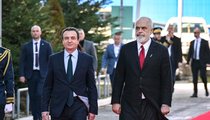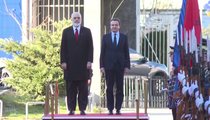Why is the EU asking its citizens to create a 72-hour emergency package to deal with crises?!
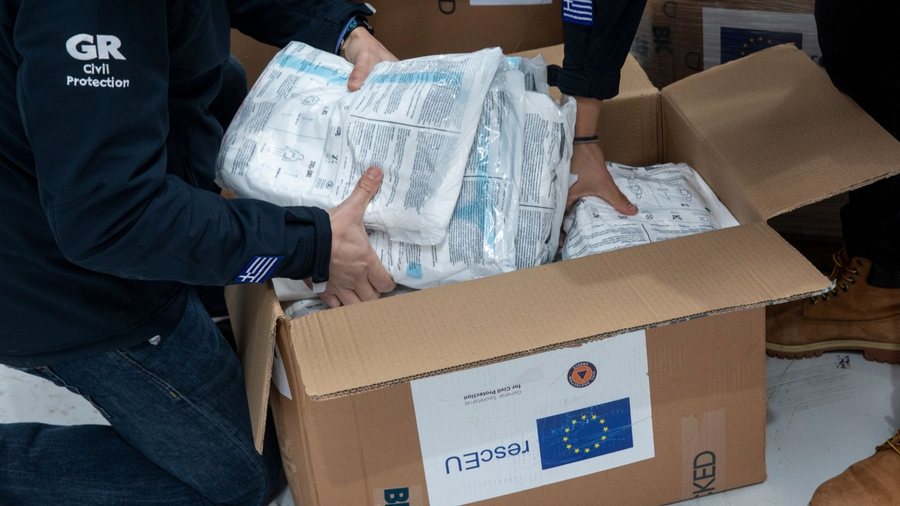
The EU wants each member state to develop a 72-hour survival kit for citizens to deal with any new crisis that may emerge as part of its Preparedness Union Strategy, which also calls for more stockpiles of essential supplies and improved civil-military cooperation.
The strategy unveiled on Wednesday by the European Commission includes a list of 30 concrete actions it says EU member states should take to increase their preparedness against potential future crises, ranging from natural disasters and industrial accidents to attacks by malicious actors in the cyber or military fields.
" In the EU we have to think differently, because the threats are different, we have to think more because the threats are also bigger ," Hadja Lahbib, Commissioner for Humanitarian Aid and Crisis Management, told reporters.
Roxana Mînzatu, the Commissioner for Preparedness, speaking alongside her, added that the bloc is "not starting from scratch". "The COVID pandemic has shown that the added value of acting together in solidarity in coordination, within the framework of the European Union is absolutely essential, this is what makes us more efficient, makes us stronger," she said.
One of the key areas identified is the need to increase population preparedness with the Commission urging member states to ensure that citizens have an emergency kit that allows them to be self-sufficient for a minimum of 72 hours in the event of a disruption to essential supplies.
Some member states already have such guidelines with varying time frames. France , for example, requires a 72-hour survival kit that includes food, water, medicine, a portable radio, a flashlight, spare batteries, chargers, money, copies of important documents including medical prescriptions, spare keys, warm clothes and basic tools such as a knife.
The Commission's plan aims to harmonise guidance across the 27 member states in order to ensure that " everyone, at different levels, has, so to speak, a manual of what to do when the sirens go off," said a senior EU official, speaking on condition of anonymity. " The level of preparedness across the Union, in different member states, is very different. Preparedness is obviously understood in different ways between member states ," the same official added.
Increase in reserves
Another key focus of the strategy is to increase the stockpiling of essential equipment and supplies, medical countermeasures such as vaccines, medicines and medical devices, critical raw materials so that industrial production or strategic equipment can continue, and energy equipment.
Brussels has already put forward proposals in recent weeks to increase stockpiling of critical medicines and essential minerals, a competence that falls to member states. The Preparedness Strategy aims to " bring this together and identify how stocks interact, what are the common experiences to learn from each other, " said another senior EU official, also speaking on condition of anonymity.
This could lead to the development of more EU-level civil protection reserves that would add to the existing reserves from the RescEU mechanism. But “some of them could be at national level, some of them are virtual, essentially agreements with the private sector, some of them are physical” . “ This is a discussion that we need to have: what is the best possible configuration to guarantee the ultimate objective of continuing these vital societal functions in all circumstances, ” the official added.
Addressing 'blind spots' in crisis response
Improving cooperation between civil and military authorities in the event of a crisis has also been identified as a key priority. The Commission said it would establish a civil-military preparedness framework with clear roles and responsibilities and called for regular exercises to test best practices. “We have many examples, unfortunately, in real life, of the kind of threats we need to be prepared for ,” said one of the officials quoted above, including acts of sabotage, disinformation campaigns and cyberattacks.
Identifying the roles of civil and military authorities is a process that has already begun, the official added, citing acts of sabotage in the Baltic Sea. “ We are now analyzing how we are responding and where the blind spots are, where we can be more efficient, where we can be faster, what else we can do,” they added.
All this work will be supported by a new EU crisis coordination centre and an assessment of risks and threats, the first of which will be published at the end of 2026. Asked why the EU executive is taking more than a year to produce this document, one of the officials said it is a "complex" process with "many contributions from member states feeding into" it and other sectoral analyses published at different times.
" To put this together, to analyse this and to produce a document that is digestible and offers added value, it takes some time. That is why we would not want to do this in a few weeks, because there is a risk that something will be overlooked (...) and some pieces of analysis and information will be missing, " they said.
The Commission will meanwhile issue ad-hoc early warnings and set up a crisis dashboard this year to keep member states updated on the risks ahead and gather data to prepare.
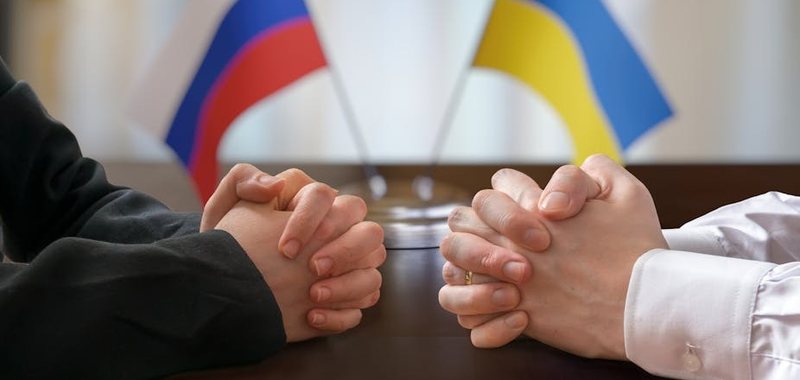
Russia, Ukraine agree to ceasefire in Black Sea - Agreement includes ban on attacks against energy infrastructure
Russia and Ukraine reached an agreement to stop attacks in the Black Sea. The United States will also commit to lifting some sanctions against Moscow. The......

Which sector absorbs the most foreign investments? - BoA: Financial and insurance activities, with the highest growth in 2024
During 2024, foreign investments in real estate, financial and insurance activities, as well as in the electricity, gas and water supply sectors......
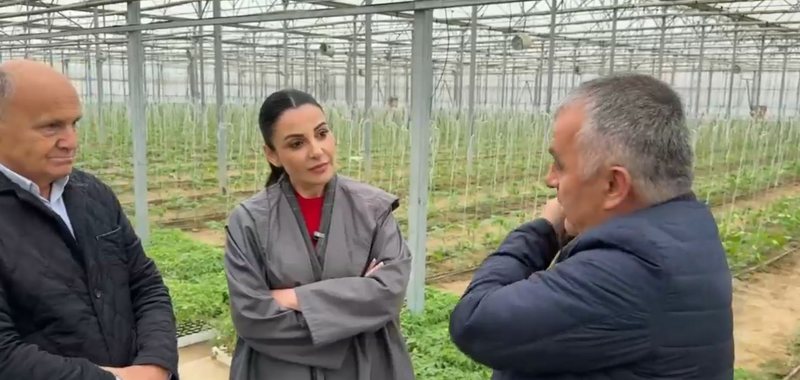
Focus on agriculture, more attention and budgetary support - Balluku: We aim to have 1 billion euros in agricultural exports in 20230
Deputy Prime Minister Balluku inspected an agricultural company, ALBASEED, which supplies agricultural inputs to agricultural outlets in bulk. "In all the......
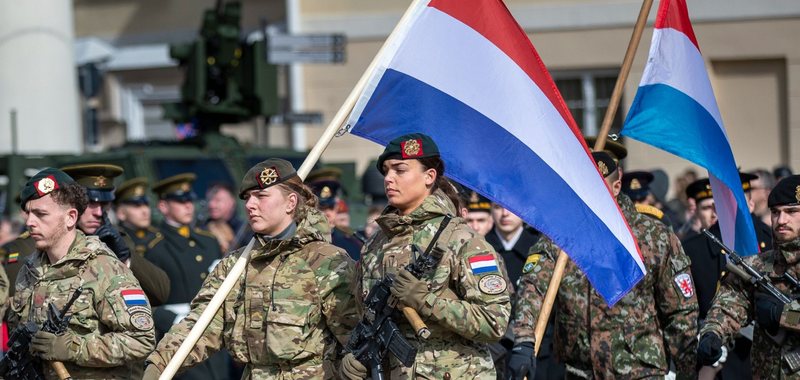
The Netherlands confirms: It will double its military personnel by 2030!
The Dutch Ministry of Defense has confirmed that it aims to double its military personnel, from 70,000 to 200,000 by 2030. In a letter from the Secretary of......

Joint Declaration with Israel Signed/ Koçiu: Strong Partnership in Healthcare!
The Minister of Health and Social Protection, Albana Koçiu, announced that the Joint Declaration between the Ministry of Health of the State of Israel and......
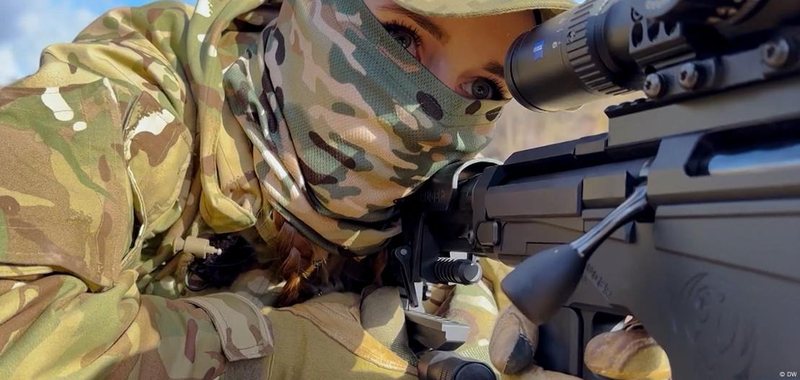
Compulsory military service for women too – What is the reason for the unusual Danish measure?
Denmark has introduced compulsory military service for women starting in 2026. The reason for this measure is to increase the country's defense......
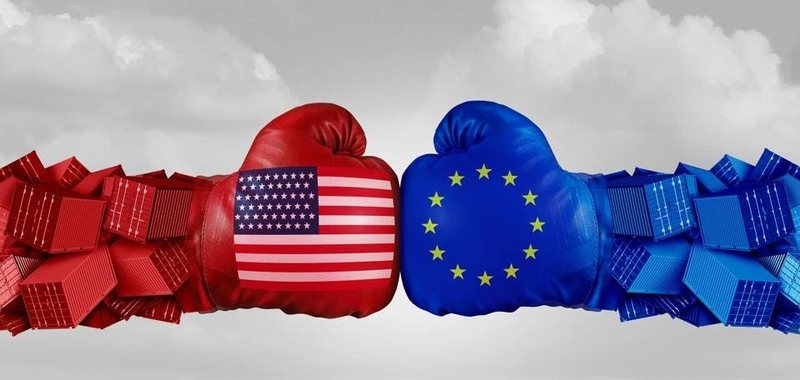
EU-US, in talks on tariff avoidance - EU Trade Commissioner meets with Trump representatives
The European Union's trade commissioner met with Trump administration officials to discuss avoiding a tariff war. The EU is stressing the need for a fair and......

Donation and inheritance of properties, how much do Albanians pay? - Categories that are exempt from tax and cases when the rate is 15%
Some categories of citizens are obliged to pay tax to the state treasury in the event of inheritance or donation of property from one family member to......






